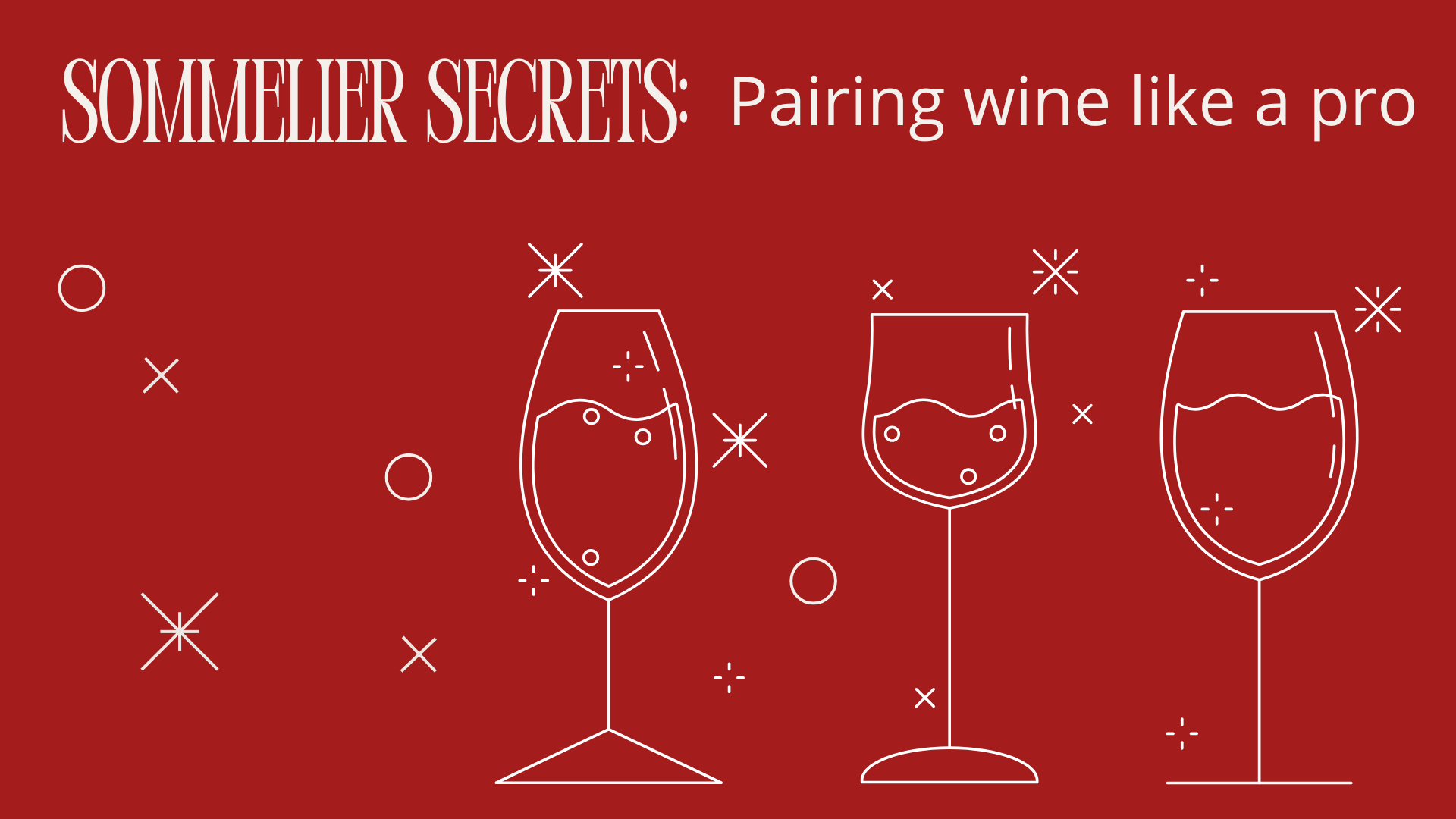Project: Sommelier Secrets
This project is made in Articulate Storyline. It focuses on teaching learners how to pair wine like a sommelier.
The full project write-up is below.
Press the purple button to experience the project!
Problem and Solution
People often struggle to choose the right wine for a meal. They may:
Feel overwhelmed by too many wine options
Mismatch wines with food, leading to unpleasant flavor combinations
Lack confidence in their wine knowledge when hosting or dining out.
This course provides a fun and interactive way to learn basic wine pairing principles. Learners will:
Gain quick, practical knowledge to apply immediately
Learn why certain wines work with specific foods
Feel more confident when selecting wines for meals or social occasions.
Process
Before development, I identified the primary audience as beginner-to-intermediate wine enthusiasts, casual hosts, and hospitality staff. The goal was to help learners quickly and confidently pair wines with different foods using an engaging, scenario-based approach.
I used a simple scenario-based learning (SBL) approach to make the content interactive and application-driven. Instead of simply presenting facts about wine, I designed real-world decision points where learners must choose the right wine for different courses.
This approach:
Encourages active participation instead of passive content consumption
Mirrors real-life situations, making learning more relevant
Provides immediate feedback, reinforcing correct choices and explaining mistakes.
Before development, I created a storyboard to outline:
The learning flow (intro, 3-course scenario, conclusion, bonus tips)
Decision points where learners select a wine
Branching outcomes based on correct and incorrect choices
I sketched rough wireframes to map out each slide’s layout and interactions before moving into Articulate Storyline.
I designed the custom graphics using Canva. I used the Hex codes for wine to create a distinguishable color for each type of wine. I chose a simple, but elegant dinner party theme and incorporated menus to encourage the real-life application and engage the learner.
I also added voiceover narration and closed captions to increase accessibility and immersion.
Analysis and Takeaways
User testing with a small group proved very useful. Key insights included:
Adjusting some feedback wording to make it clearer
Ensuring navigation was intuitive for first-time users
If I were to expand this course further, I would:
Add gamification elements, including a Guest Satisfaction Score to track progress. The Guest Satisfaction Score would reflect how well the learner paired the wine, and wqould update after each course
Include a Quick Reference Guide for the learners to have on hand for future dinner parties
Design a mobile-friendly version for learners on the go.
Overview
Audience:
Beginner to Intermediate Wine Enthusiasts – People who enjoy wine but want to learn how to pair it properly with food.
Casual Hosts & Entertainers – Individuals who frequently host dinner parties and want to impress guests with well-matched food and wine.Tools Used: Articulate Storyline and Canva
Explore other projects
Educator Training
Safe Sleep Course





